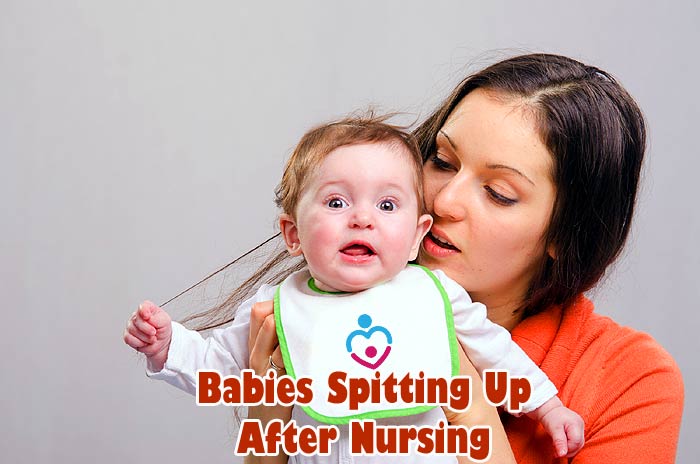
If your little one is spitting up after nursing, the first thing you need to know is that this is normal. Babies can have spitting up episodes after both breastfeeding and formula meals.
Spitting up can happen spontaneously once the feeding is over or as you are burping your baby. As healthy as it is, you will most likely want to reduce spit-ups as they are not comfortable for you or your baby.
Remedies for Babies spitting up after nursing
Spitting up is also known as reflux, and here are some ways to reduce it!
1. Burp your baby
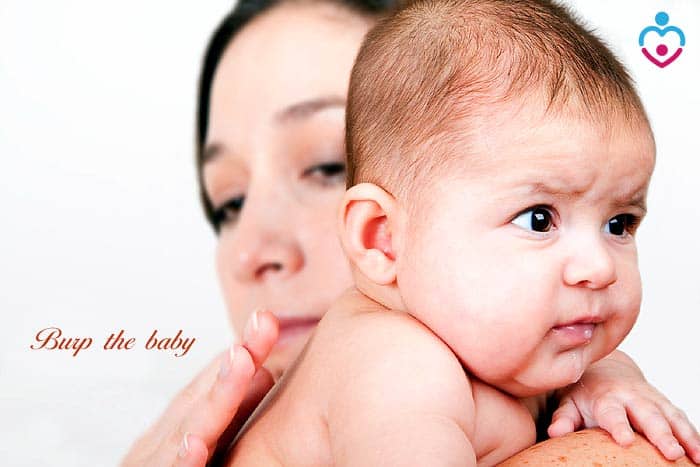
Burp your baby after every meal.
- Burping your little one will help them eliminate the air in their tummy and, therefore, digest the food better as well as easier.
- If your baby is breastfed, chances are that they will swallow less air than a bottle-fed baby, and you might not need to burp them as often.
- You will notice that once you burped your infant, they will feel better and more comfortable.
Since burping makes more space in their stomach by removing the air, your baby might have room for more feeding after this process.
2. Feed them in a calm and relaxed environment.

It is equally essential to get rid of any unnecessary noise while you are feeding your baby.
- Turn the TV off and reduce any bright lights in your room. This will help your baby eat better and reduce the risk of spit-ups.
- You shouldn't engage in activities that require sudden movement with your baby after they finished eating either.
- Use a rocking chair to have more relaxed feeding session.
Give them a few moments to settle their meal down and relax.
3. Contact your doctor if spitting up becomes regular
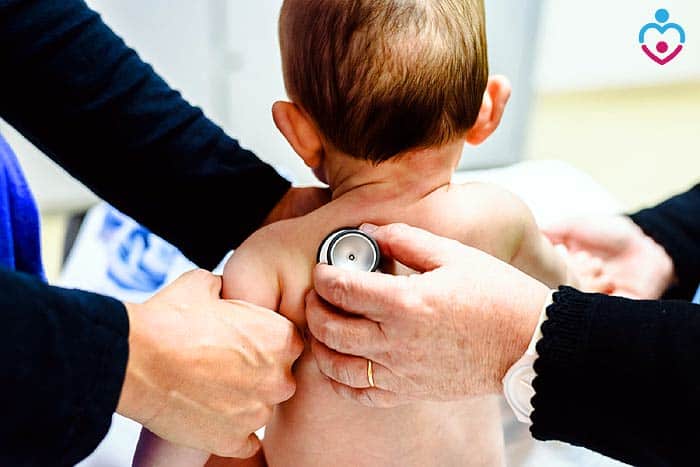
There are times when you will have to contact your doctor.
- Even if spit-ups are standard, there are still signs that they might indicate a health condition that needs to be addressed.
- If your baby is spitting up too much milk and too often, or if they vomit, you might need to talk to your doctor.
- Keep in mind that vomiting is not a form of spitting up. It is a severe condition that could lead to dehydration in newborns.
- If your baby is vomiting more in 24-hours time-frame, you will have to address it. Also, if your little one is losing weight instead of gaining weight or they look in pain during their spit-ups, there are alerts that you shouldn't ignore.
By applying the solutions above, you should be able to keep those spit-ups under control. In the worst-case scenarios, severe and frequent spit-ups could be a sign of GERD.
GERD stands for gastroesophageal reflux disease, and it is a severe form of reflux. GERD happens when the esophageal sphincter is not well developed, and the food comes back up after it is swallowed by your baby.
Left untreated, this could lead to serious gastrointestinal problems. If your baby suffers from this condition, they might be coughing, crying, look in pain, gag, or even vomit more often.
In such a situation, talking to your doctor becomes mandatory! This health condition tends to be more present in premature babies who are not developed well enough yet.
![]()
Key References
- "Reflux | Breastfeeding Challenges | Start4Life". Accessed April 16, 2020. Link.




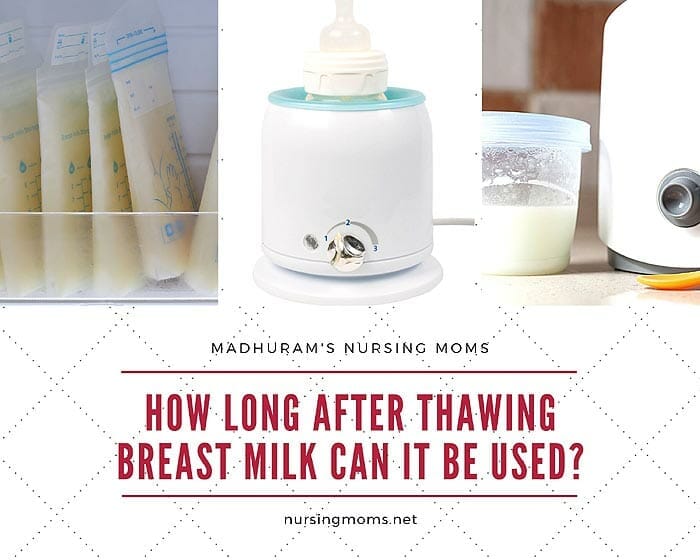
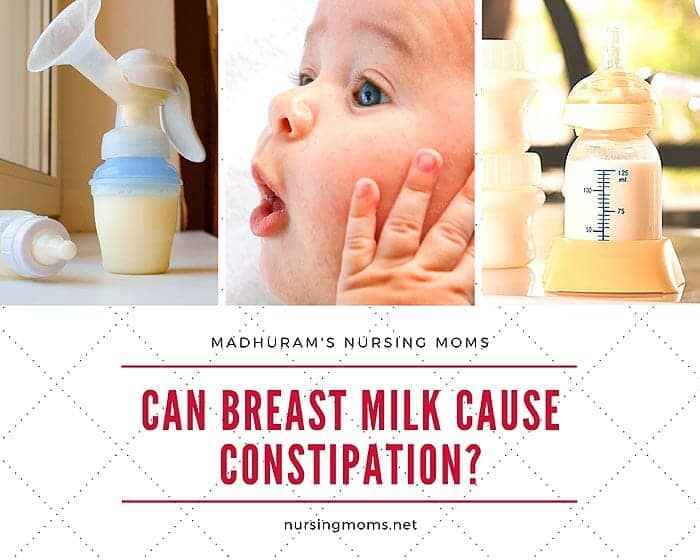



Leave a Reply